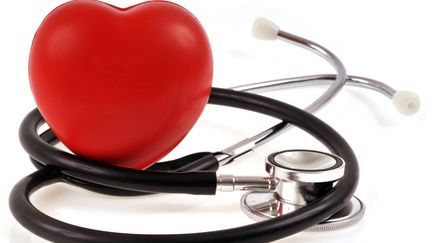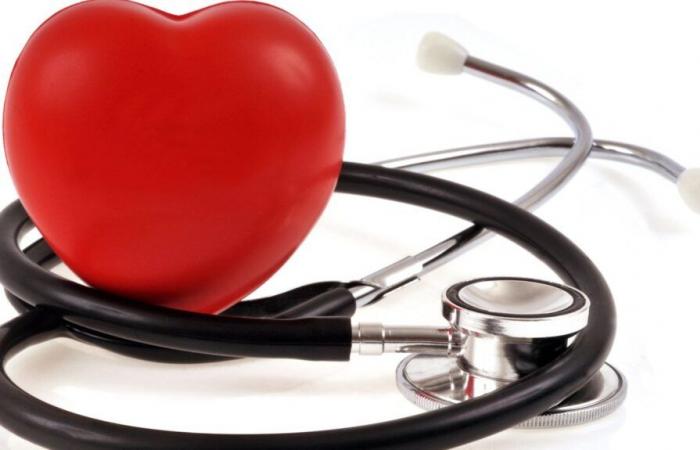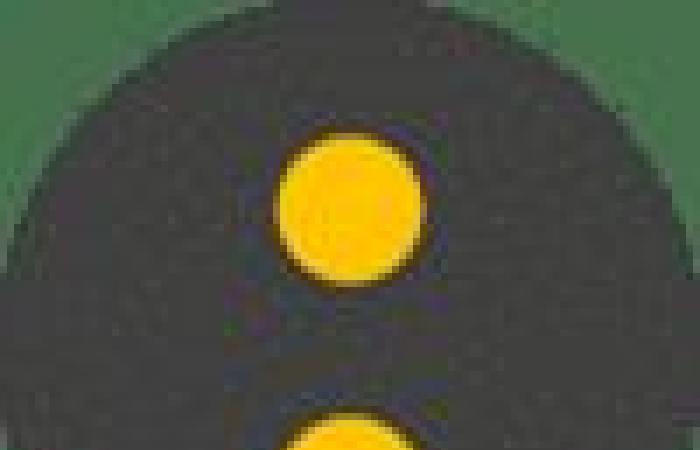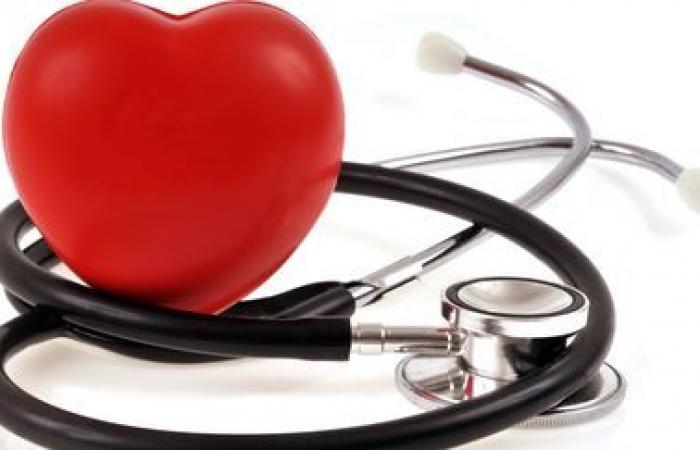Difficult to diagnose, heart failure can, however, be treated when detected. In all, 25 hospitals and clinics will carry out tests to better detect this pathology which affects two million people in France.
Published on 19/11/2024 08:20
Reading time: 3min

This is the first time that a heart failure screening campaign has been organized in France, by the French Society of Cardiology. It takes place on Tuesday, November 19, at the Toulouse University Hospital and then in around ten other cities during the month of December.
In all, 25 hospitals and clinics have carried out or will carry out tests to detect this pathology which affects two million people and causes 70,000 deaths per year in France. Heart failure can be managed if detected in time.
Franceinfo followed one of these screenings at Saint-Joseph hospital in Paris. The hospital teams welcome the volunteers in the entrance hall: “Hello Sir, I am Doctor Jagu, how old are you?” The visitor, Frédéric, is 55 years old. “Are you feeling unusually tired?” continues Doctor Jagu. “Yes, a little”, the man replies.
To identify heart failure, there are signs summarized by a formula. EPOF: for shortness of breath, weight gain, edema and fatigue. After the interview, Frédéric has a drop of blood taken from his fingertip. The teams are using a new device that detects the presence of a hormone released into the blood when the heart works too much. An essential tool for cardiologist Annabelle Jagu.
“Doctors have difficulty diagnosing this disease and patients have difficulty diagnosing themselves”
Cardiologist Annabelle Jeguat franceinfo
“Fatigue can be a bad night’s sleepspecifies the specialist. Weight gain can be from eating too much. Edema in the legs could be venous insufficiency. Shortness of breath could be bronchitis… So when do I think about the heart in these cases? It’s very difficult.”
The result is quick, around ten minutes, and for Frédéric it’s all good. For Marie, on the other hand, the test is positive. This petite 69-year-old lady is taken behind a screen to see the cardiologist. “This does not mean that you necessarily have heart failure, but it alerts us and requires seeing a cardiologist, doing an electrocardiogram and measuring NT-proBNP…, but this time through the blood “reassures the doctor.
Marie goes back upstairs to do her analysis in the hospital laboratory. If her heart failure is confirmed, she will need to undergo treatment: “We diagnose because we have solutions. There are treatments, physical activity is essential. When you have heart failure, you have to be careful with salt…”
Stop putting salt on your plate and start doing sports, walking or cycling, weigh yourself regularly and follow your treatment carefully. This is what is recommended in cases of heart failure.








